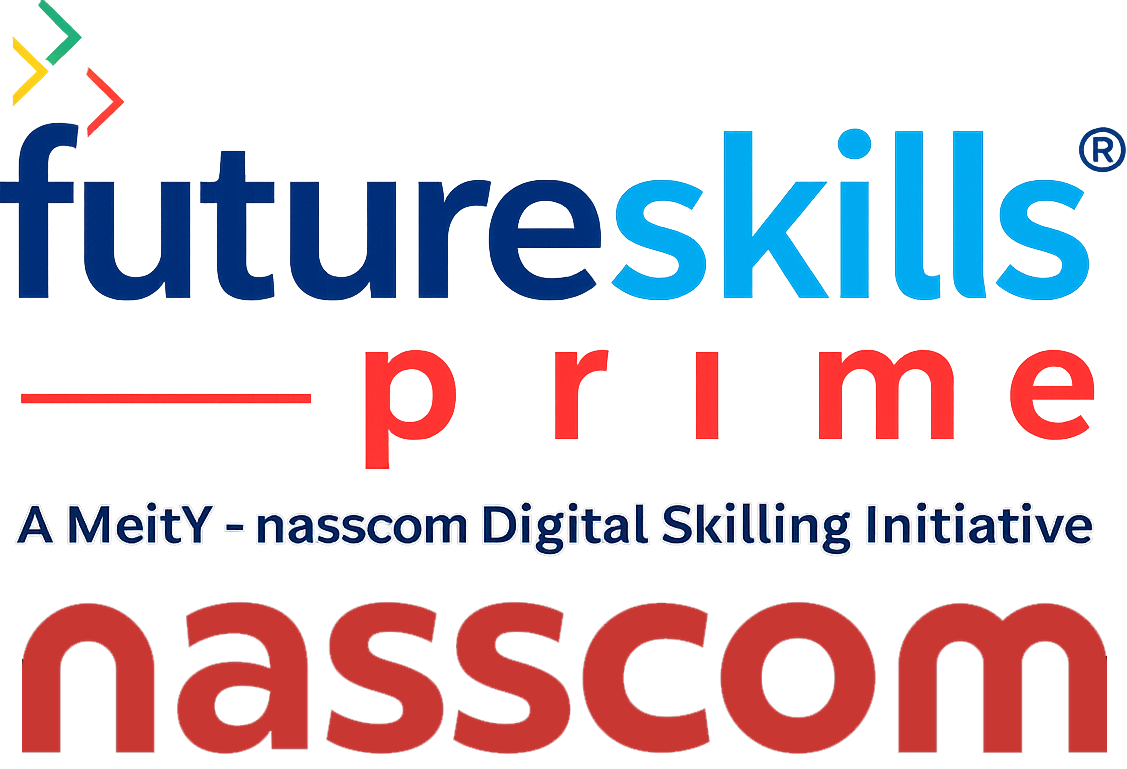Artificial intelligence (AI) has revolutionized various industries, and travel and tourism are no exception. With advancements in technology, AI is now playing a significant role in enhancing the overall travel experience for both travelers and service providers. From travel planning to customer service, AI-powered solutions have made their way into every aspect of the travel and tourism industry. In this article, we will explore how artificial intelligence performs in the realm of travel and tourism, highlighting its various applications and benefits.
The travel and tourism industry has witnessed a paradigm shift with the integration of artificial intelligence. AI technologies enable travel companies to provide personalized and seamless experiences to their customers. Whether it’s assisting travelers in planning their trips, optimizing operations, or ensuring safety and security, AI has become an invaluable tool. Let’s delve into the different ways AI is transforming the travel and tourism landscape.
Role of Artificial Intelligence in Travel and Tourism
AI in Travel Planning
AI algorithms can analyze vast amounts of data to recommend suitable travel destinations, accommodations, and itineraries. By considering factors like traveler preferences, budget, and historical data, AI systems can generate personalized travel plans that cater to individual needs. These AI-powered recommendations enhance the travel planning process, saving time and effort for travelers.
AI in Booking and Reservations
AI plays a vital role in streamlining the booking and reservation processes. Smart algorithms can analyze available options, provide real-time pricing information, and suggest the best deals to travelers. Additionally, AI-powered chatbots assist customers in making reservations, answering queries, and providing support throughout the booking journey.
AI in Personalized Recommendations
By leveraging machine learning algorithms, AI systems can analyze user behavior and preferences to deliver personalized recommendations. Whether it’s suggesting local attractions, restaurants, or activities, AI helps travelers discover unique experiences tailored to their interests. These recommendations enhance customer satisfaction and promote engagement with the destination.
Enhancing Customer Experience with AI
Virtual Assistants and Chatbots
AI-powered virtual assistants and chatbots are becoming increasingly popular in the travel industry. These conversational agents can provide instant support, answer queries, and assist travelers throughout their journey. By leveraging natural language processing and machine learning, virtual assistants offer personalized recommendations, weather updates, and even help with language translations.
AI-Powered Customer Service
AI enables travel companies to provide efficient and personalized customer service. By analyzing customer data, AI systems can identify patterns, predict customer needs, and offer proactive assistance. This improves response times, reduces customer frustration, and enhances overall customer satisfaction.
Smart Travel Apps
AI-driven travel apps have transformed the way travelers explore and navigate new destinations. These apps utilize AI algorithms to provide real-time recommendations, suggest the best routes, and offer personalized travel tips. With features like augmented reality and location-based services, travelers can have immersive and customized experiences.
Streamlining Operations and Efficiency
AI in Predictive Analytics
AI-powered predictive analytics helps travel companies optimize their operations and resource allocation. By analyzing historical data, AI systems can predict future demand, optimize pricing strategies, and allocate resources efficiently. This data-driven approach allows companies to streamline their processes, reduce costs, and improve overall efficiency.
Automation of Routine Tasks
AI technologies automate routine tasks such as check-ins, baggage handling, and itinerary updates. This automation reduces manual efforts, enhances accuracy, and frees up staff to focus on more complex and customer-centric tasks. From self-check-in kiosks to automated passport control, AI streamlines operations and improves the traveler experience.
Optimization of Resource Allocation
AI algorithms can optimize resource allocation in the travel industry. By analyzing factors like demand patterns, weather conditions, and customer preferences, AI systems can allocate resources such as hotel rooms, transportation, and staff more effectively. This optimization leads to better utilization of resources and improved operational efficiency.
Safety and Security in Travel with AI
Biometrics and Facial Recognition
AI-powered biometric systems have enhanced safety and security in the travel industry. Facial recognition technology enables fast and accurate identity verification at airports, reducing wait times and enhancing security measures. Biometric data can also be used for seamless boarding processes and access control, ensuring a smooth travel experience.
Fraud Detection and Prevention
AI algorithms can analyze vast amounts of data to identify patterns of fraudulent activities in travel transactions. By monitoring payment behaviors, travel history, and network connections, AI systems can detect and prevent fraudulent activities, protecting both travelers and service providers from financial losses.
Risk Assessment and Management
AI technologies help in assessing and managing travel-related risks. By analyzing various data sources, including weather conditions, geopolitical factors, and social media feeds, AI systems can provide real-time risk assessments. This information enables travelers and travel companies to make informed decisions, ensuring their safety and minimizing potential risks.
Ethical Considerations and Challenges
Privacy and Data Protection
With the increasing use of AI in travel and tourism, privacy and data protection have become significant concerns. Travel companies need to ensure that customer data is handled securely and transparently. Implementing robust data protection measures and obtaining consent from travelers is crucial to maintaining trust and addressing privacy concerns.
Job Displacement and Workforce Changes
The integration of AI in the travel industry may lead to changes in the workforce landscape. While AI can automate routine tasks, it also creates new opportunities for employees to focus on more complex and creative roles. Companies need to navigate these changes sensitively, upskill their workforce, and ensure a smooth transition to an AI-driven environment.
Conclusion
Artificial intelligence has transformed the travel and tourism industry, revolutionizing the way people plan and experience their journeys. From personalized recommendations to streamlined operations, AI-driven solutions have enhanced customer experiences, improved efficiency, and ensured safety and security. However, ethical considerations, such as privacy and job displacement, need to be addressed to harness the full potential of AI in travel and tourism.





